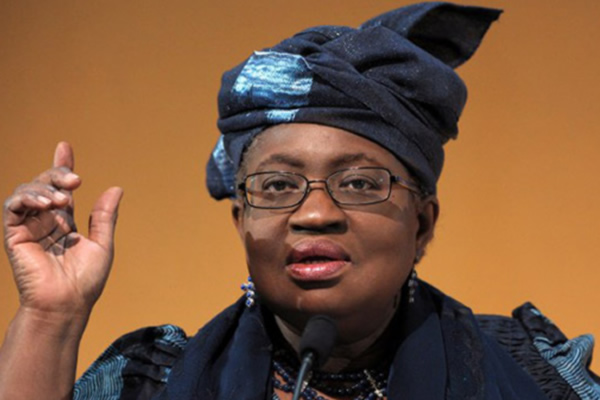The World Trade Organization (WTO) recently held a retreat in Geneva, Switzerland, focusing on the critical role of trade in fostering development, particularly for developing and least-developed countries (LDCs). This gathering signified a renewed commitment to addressing the disparities in the global trading system and exploring innovative strategies to ensure that trade genuinely contributes to poverty reduction, job creation, and sustainable development for all member nations. The retreat emphasized the need for a more inclusive and equitable trading environment, recognizing that while some developing economies have successfully leveraged trade for economic advancement, many others continue to face significant challenges in harnessing its full potential.
WTO Director-General Ngozi Okonjo-Iweala underscored the organization’s core mandate of raising living standards and promoting sustainable development through trade. She stressed the urgency of innovative thinking and action, acknowledging the rapidly evolving global landscape and calling upon members to utilize the WTO as a platform for achieving concrete results. Director-General Okonjo-Iweala also highlighted the existing disparities in the benefits of trade, posing the crucial question of how to better leverage trade to advance the interests of those who have not yet reaped its rewards. Her remarks set the tone for the retreat, emphasizing the need for a proactive and results-oriented approach to development within the WTO framework.
Ambassador Petter Ølberg of Norway, Chair of the General Council, echoed these sentiments, reinforcing the importance of trade as a driver of development, especially for vulnerable economies. He called for tangible outcomes from the retreat, emphasizing the need for practical solutions that translate into real improvements in the lives of people in developing countries. The combined remarks of the Director-General and the General Council Chair underscored the shared commitment to making trade a more effective engine for inclusive and sustainable development.
The retreat itself represented a significant step towards reimagining the role of trade in global development. It provided a dedicated platform for members to engage in in-depth discussions and explore innovative approaches to address the challenges faced by developing and least-developed countries in participating effectively in global trade. The discussions likely centered on issues such as market access, trade facilitation, capacity building, and the special needs of LDCs. The retreat aimed to move beyond rhetoric and towards concrete actions that would translate the potential of trade into tangible development gains.
The focus on developing and least-developed countries reflects a growing awareness within the WTO of the need for a more equitable trading system. For many of these countries, trade represents a crucial pathway to economic growth and poverty reduction. However, they often face significant obstacles in accessing global markets, including tariff and non-tariff barriers, lack of infrastructure, and limited capacity to meet international standards. The retreat sought to address these challenges and create a more level playing field for developing countries to participate in and benefit from international trade.
Ultimately, the success of the retreat will be measured by its ability to generate concrete actions that translate into meaningful improvements in the lives of people in developing and least-developed countries. The commitment expressed by the Director-General and the General Council Chair, coupled with the focused discussions held during the retreat, provides a promising foundation for future progress. The challenge now lies in translating the momentum generated by the retreat into tangible policy changes that ensure trade becomes a more effective tool for inclusive and sustainable development worldwide.


